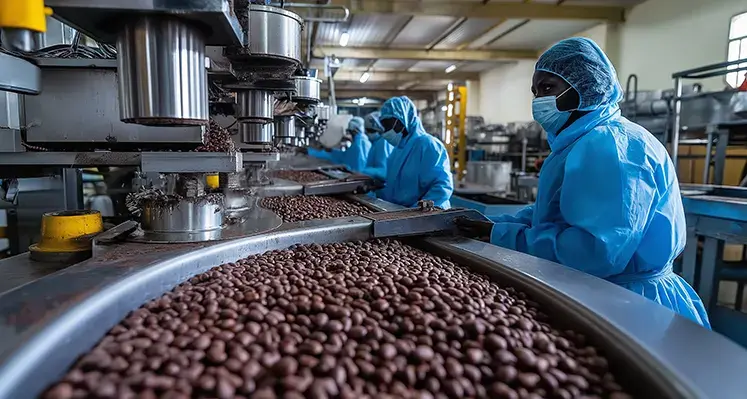In a transformative step for food security and agribusiness development in West Africa, Sonoco Limited is set to launch Sierra Leone’s first large-scale wheat flour production facility with significant financial backing from Proparco.
The French development finance institution has approved a US$23mn senior loan to support the construction, operational needs, and working capital requirements of the state-of-the-art flour mill in Freetown. This milestone project will not only redefine Sierra Leone’s domestic food production landscape but also enhance the country’s resilience in the face of global supply chain pressures.
Sonoco’s ambitious venture includes the development of a modern soft wheat processing mill capable of producing 600 tonnes per day, alongside a sophisticated 40,000-tonne silo storage complex. Once fully operational, the facilities are expected to yield approximately 140,000 tonnes of wheat flour annually- a vital staple across West African households and an essential ingredient for bakeries, food manufacturers, and retail markets.
The project marks a significant shift for Sonoco’s Sierra Leone operations, transitioning from a major importer of wheat flour to the country’s biggest miller. This shift not only strengthens local value creation but also positions Sierra Leone as a potential supplier to neighbouring markets, including Liberia and other regional economies seeking reliable, high-quality flour products.
Crucially, this development supports Sierra Leone’s urgent need to improve food availability and affordability. With recent estimates showing that 77% of the population faces some level of food insecurity, the establishment of domestic production capacity is both timely and transformative. The initiative aligns strongly with the “Production” priority under the Food and Agriculture Resilience Mission (FARM) launched in 2022 by French President Emmanuel Macron, in partnership with the EU, G7, and African Union.
The project also embodies Proparco’s “Explore” strategy for 2023–2027, aimed at catalysing high-impact investments in fragile states. By strengthening the capabilities of a leading Sierra Leone agribusiness operator, the partnership reinforces local economic empowerment while aligning with France’s new international cooperation framework introduced in 2025.
Sadio Dicko, Proparco’s Regional Director for West Africa, said,“Proparco is very proud to support Sonoco Group’s development in Sierra Leone. This world-class wheat flour production unit will enable the country to have fresh and highly qualitative flour available every day. At Proparco, we believe West African countries must increase their control of food value chains to ensure food security and prosperity. This is exactly what we are doing with this project and we are looking forward to strengthening our presence in the country”.
Beyond boosting production, the project will generate multiple social and economic benefits, contributing directly to key Sustainable Development Goals including Zero Hunger (SDG 2), Decent Work and Economic Growth (SDG 8), and Reduced Inequalities (SDG 10).









